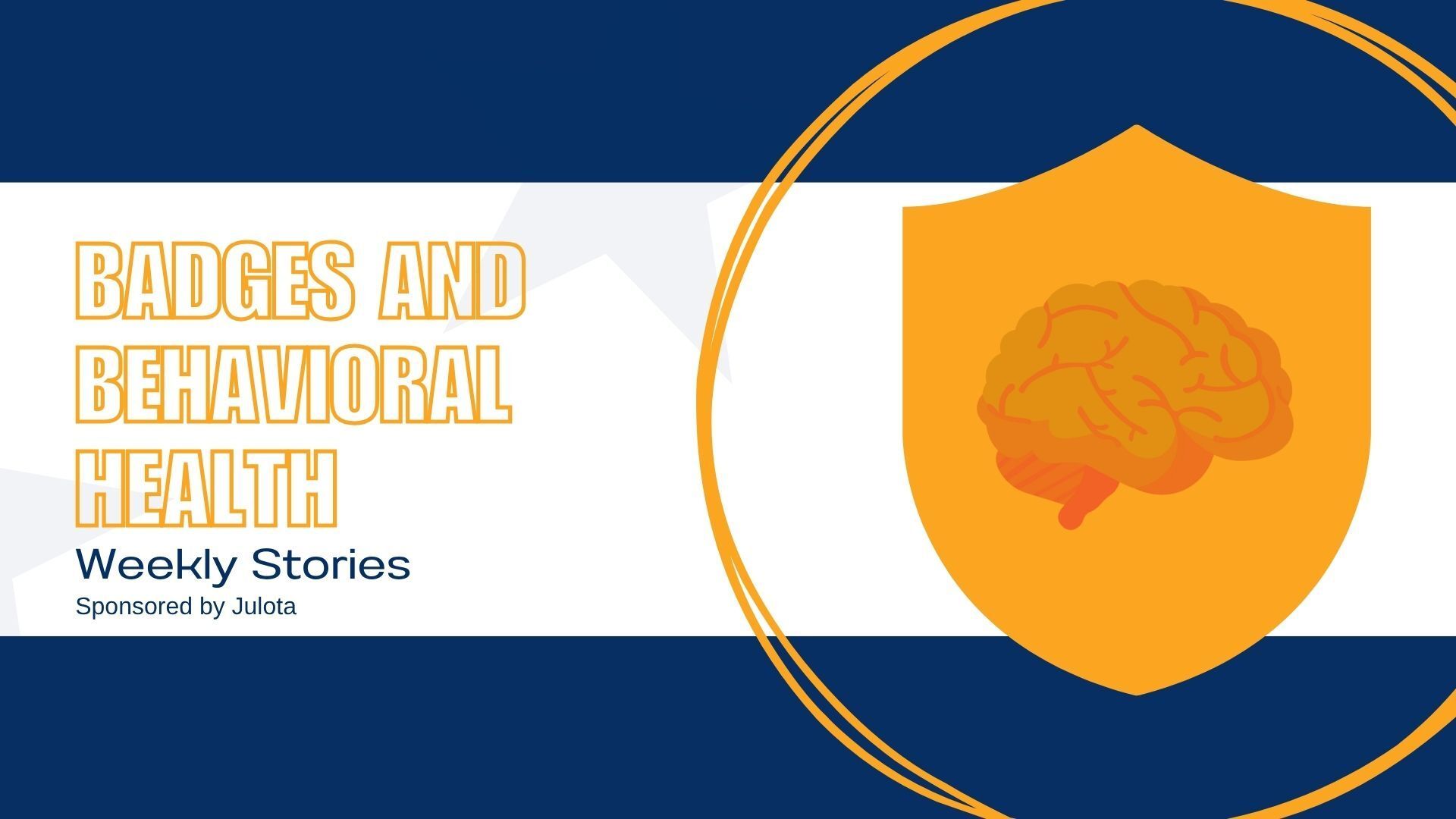
Hi there,
Welcome to the 31st issue of Badges and Behavioral Health! Apologies for the late delivery, I was traveling earlier this week, but I’m excited to share this edition with you.
Here are the latest stories at the intersection of law enforcement and behavioral health as we head into the weekend:
Today’s Brief:
Behavioral Health Briefs
Pictou County Bands Together For Crisis Response Breakthrough
Ottawa’s Crisis Intervention Team Builds Compassion into Policing 🇨🇦
Social Briefs
Total Read Time: 2 Minutes
🧠 Behavioral Health Briefs
Lowell, Massachusetts pairs masters‑level behavioral health clinicians with police to co‑respond to mental health crises—a collaboration that's diverted hundreds from unnecessary arrests and emergency visits since launching in 2021. In 2024 alone, the partnership facilitated 60 emergency department diversions and 17 arrest diversions, saving an estimated $253,000.
Summit County’s S.M.A.R.T. (System‑wide Mental Assessment Response Team) integrates law enforcement officers, behavioral health clinicians, and case managers to de‑escalate mental health calls and ensure clients are connected to appropriate support and stabilization. This team delivers a full continuum of care—from crisis response through case-managed follow‑up and safe reintegration into the community.
Kevin Volpp from UPenn showcases how behavioral economics techniques—like financial incentives, social norms, and choice architecture—can significantly boost public health outcomes in areas such as medication adherence, smoking cessation, and nutrition. Through platforms like Penn Way to Health and the Penn Medicine Nudge Unit, these scalable interventions are advancing research and real-world health improvements across millions.
Sponsored by: Julota
Julota empowers smarter crisis responses by simplifying and streamlining Law Enforcement and Behavioral Health programs. By integrating hospital, EMS, and social services data into a centralized platform, it enables seamless, secure, and HIPAA-compliant collaboration. Automated reporting ensures compliance, while customizable workflows address community-specific needs. With actionable insights, teams can improve outcomes and secure greater funding, making Julota the only software purpose-built to bridge law enforcement and behavioral health with compassion and efficiency. |

In Pictou County, a new collaborative initiative is taking shape to enhance how emergency and community services respond to crises. The project brings together local agencies, first responders, healthcare providers, and community organizations to streamline support and share resources. Equipped with coordinated protocols and shared communication systems, this inclusive model aims to fill gaps in rural mental health and social service accessibility. By pooling expertise and leveraging local knowledge, the initiative hopes to reduce response times and ensure people in distress receive timely, compassionate assistance. Ultimately, the goal is to build a sustainable, community-driven support network that resonates with local values and needs.

The Ottawa Police Service (OPS) recently launched its Crisis Intervention Team (CIT) program on August 6, 2025, adopting a practice that’s long been used across North America. Amid a 15% rise in mental health–related service calls since 2019, and a 30% increase in mental health components overall, the program embeds at least one trained CIT officer in every frontline platoon to ensure 24/7 support.
Officers receive intensive, trauma‑informed training developed with community partners and focus on de‑escalation, mental health legislation, cultural sensitivity, and system navigation. This diverse team—fluent in a range of languages including Tagalog, Somali, Farsi, and Italian—brings extensive community experience from areas like youth services, homelessness, and addiction intervention. Early feedback from officers highlights enhanced confidence, better rapport-building, and a noticeable improvement in outcomes on mental health calls


Social Media Briefs